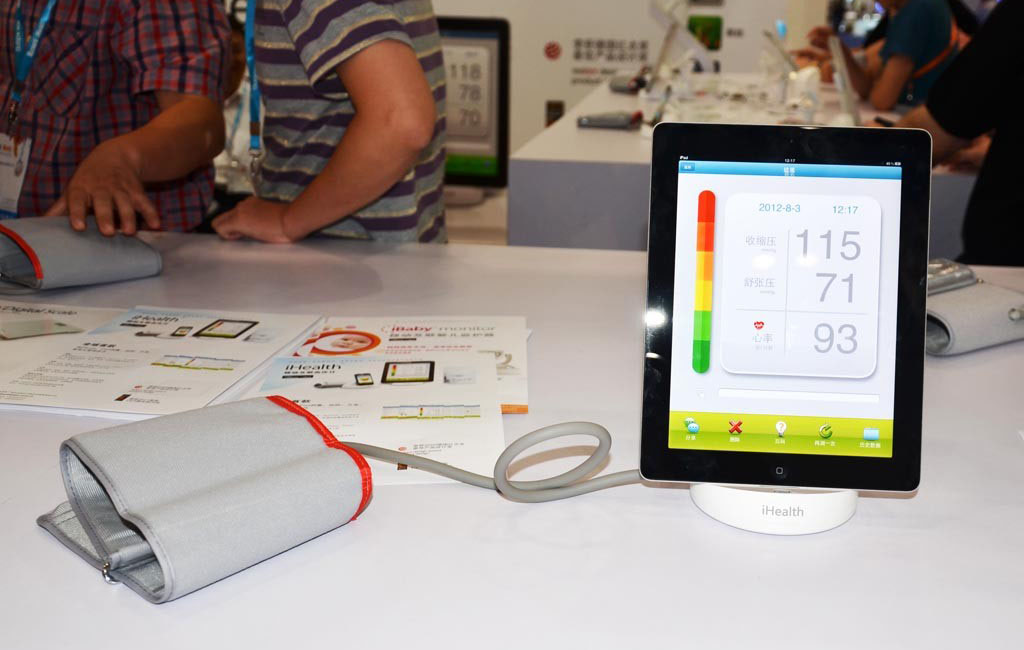E-health and mobile medical devices: promises and challenges
china.org.cn / chinagate.cn by Eugene Clark, September 11, 2014 Adjust font size:
|
Technological development is creating a new field of e-health with potential to revolutionize healthcare. |
Medicine and health care delivery rely greatly on information. Yet, in many respects, the approach is highly fragmented and unsystematic, with information gaps and inconsistencies that can impact on patient health and system efficiency. Increasingly, the emphasis is switching to "wellness" and not just on tackling sickness, in the face of an epidemic of lifestyle diseases such as obesity and those caused by tobacco and alcohol.
New approaches are emerging that involve a team of health care professionals utilizing telecommunications, mobile phones, big data analytics, robotics and other innovations.
E-health, as it's called, has great potential to improve the quality of medical care. Health IT can facilitate the delivery of personalized medicine linking patients and health care providers focusing on prevention and patient empowerment.
China's E-health potential
This is especially important to China for many reasons. First, with an aging population, technology advances offer better ways to cope with growing health care needs. Secondly, given the country's rapid uptake of mobile phones, the IT approach seems especially suited to Chinese conditions.
Finally, given China's rapid development in the fields of robotics, m-commerce and related fields, there is great potential for it to be a world leader in e-health care devices, applications, systems development and delivery.
While there are many emergent consumer devices that provide various forms of bio feedback via wearable technology, so far, most approved medical e-health applications are not intended to replace a health care specialist's judgment, but rather to assist in timely, informed, high quality clinical decisions. They can:
• Enhance evidence-based clinical decisions for a particular condition, disease or clinical preference, providing possible diagnoses based on patient-specific information retrieved rapidly from a patient's electronic health record.
• Reduce human error in drug dosing calculations and provide reminders for preventive care; and
• Enhance health care access to remote areas, make more efficient and effective use of resources and reduce costs.


